What a Girl Wants, What a Girl Needs
March 8th is International Women’s Day, and during the entire month of March, we at International Esperanza Project celebrate and reflect on our duty to the women in our community.
As an organization led by women, IEP has a special sensitivity for the challenges facing them. The three pillars of our operation: EDUCATION, HEALTHCARE, and COMMUNITY INFRASTRUCTURE all affect women in the developing world in special and nuanced ways.
Despite primary education being free and technically compulsory, the average Guatemalan woman only attends 4.1 years of school. That number drops to less than 2 for indigenous women. Women also face incredible levels of violence in Guatemala—some of the highest in the world–and 88% of reported crimes against women go unpunished. Although they represent 51.2% of the total 15.8 million people living there, women also command less than 15% of elected offices.
At El Molino School, where we encourage local families to allow their girls to study longer, we’ve begun in the last year to offer an extracurricular course on leadership, teamwork, and anti-bullying. This initiative has already shown amazing results. Where before our girls were quick to bicker, undermine, and even sabotage their classmates, they now work together and are happy to succeed as a group.
Our health clinics, though hampered in the last few years by the global pandemic, are the only chance many women in the Guatemalan highlands have for gynecological and obstetric care, and our Guatemalan medical staff have worked tirelessly over the last year to make up for a lack of international volunteers. They’ve managed to hold several pop-up clinics and see hundreds of patients each time.
But the crown jewel of IEP’s recent successes in regard to helping women has to be the wildly successful Esperanza Trade Training Center. Even before the dedicated facility for which we recently broke ground was begun, IEP staff organized a course for local women to learn the sewing machine and other marketable skills they can use to provide for their families. As few as five forty-hour courses can teach a woman all she needs to know to get a well-paying job, and now, in partnership with the local government, we’re expanding to offer more women this opportunity.
In the coming year, much will change in the world and in Guatemala alike, but one thing will remain the same: IEP’s duty to the women we love.
You can help the women of Guatemala by sponsoring a student at El Molino School, donating directly, or by attending our 4th annual Women’s Day Empowerment Luncheon on March 9th—all through the links in the heading.



